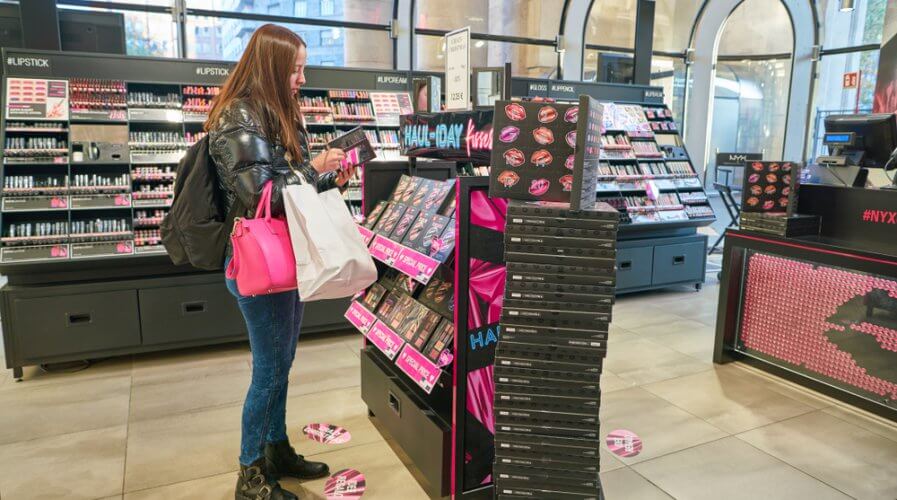
AI will not replace recruiters but augment their capabilities that will lead to a collaborative, efficient recruiting environment at L’Oreal. Source: Shutterstock
94pc of HR professionals believe tech will transform their roles
COMPANIES are flexing their best to scale the digital maturity curve and as much as 94 percent believe that the rise of technology will alter the human resource (HR) function.
Executives are incorporating artificial intelligence (AI) in HR processes to increase skills-based hiring that will truly add value to the business operations.
For example, L’Oréal uses AI to make deeper connections with job candidates at the preliminary level to speed up the shortlisting process.
The AI solution aims to not only manage the extremely high volume of applications but also better match applicants to the competencies that the international retail company requires.
L’Oréal China Recruitment Director Jacob Bonk said in a BBC interview that one’s resume will not prove that they are the “best-fit” for the job role.
“You’d want people that are a better fit to your company culture, and competencies that you’re looking for, and they aren’t necessarily going to have those competencies just because they went to this university or worked at that company before.”
AI will not replace recruiters but augment their ability to operate effectively in a collaborative recruiting environment.
To achieve this, HR professionals need to be both digitally-fluent as well as embody traditional soft skills to manage recruitments.
How CHROs can better prepare to deploy AI
Despite the obvious benefits of using AI as a candidate processing and selection tool, 25 percent of HR executives remain unprepared to deploy AI solutions.
To better prepare to meet the needs and demands of technology, HR leaders should encourage learning around AI for existing employees first.
After all, AI is a tool. It will require the human workforce to manage, interpret, and analyze the data for further use.
This also means that HR leaders should include digital-savviness as part of the requirement for future recruits of their department.
In reality, all technologies will take time to blend into business operations before they can be integrated seamlessly.
So, CHROs will need to shift the gear up in leveraging new AI systems and technological tools starting right now.
There is no true marking of ‘preparedness’ with AI advancing at the pace that it does today. So, it is important that executives begin their journey as soon as possible to avoid struggling to catch up.
People are at the core of any business. So, having HR executives that are well-versed with AI will significantly lift productivity and potential in this digital age.
READ MORE
- The criticality of endpoint management in cybersecurity and operations
- Ethical AI: The renewed importance of safeguarding data and customer privacy in Generative AI applications
- How Japan balances AI-driven opportunities with cybersecurity needs
- Deploying SASE: Benchmarking your approach
- Insurance everywhere all at once: the digital transformation of the APAC insurance industry






